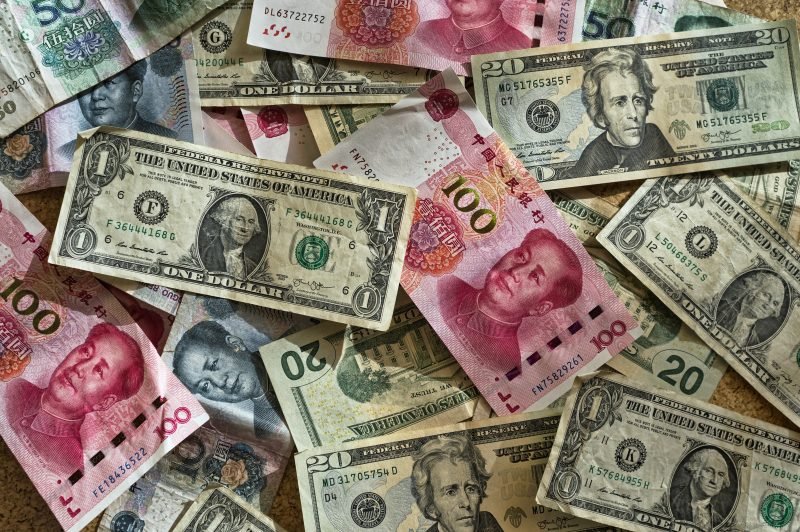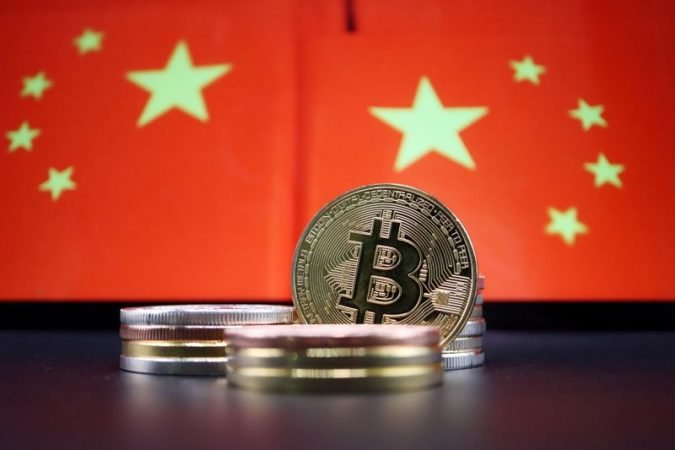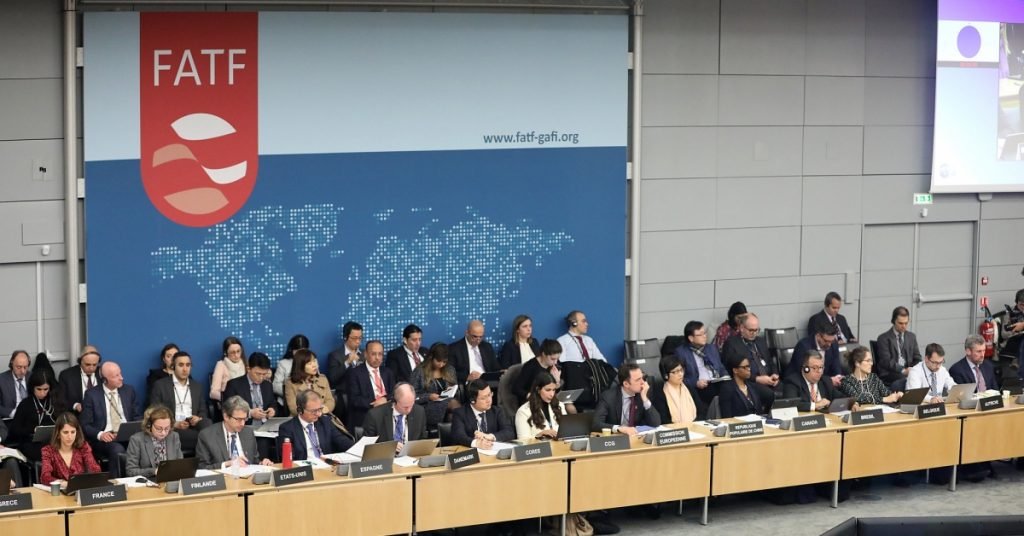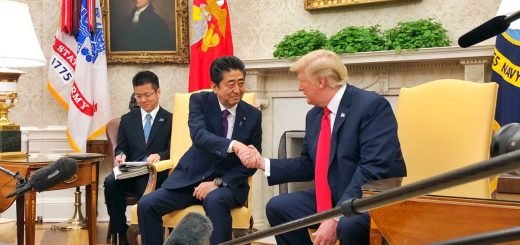Global money laundering and the Chinese connection

Globally an increasing number of complex money laundering operations, that allow criminals to transfer large amounts of illegal cash are exposed to have a Chinese connection. As China’s economy becomes more globally connected, money laundering is emerging as a major concern with an estimated 200 billion yuan lost each year. Proceeds of tax evasion, recycled through shell companies, often return to China disguised as foreign investment. Oversight of international money laundering schemes continues to be a challenge for China. Given these actualities, the country’s performance in Anti-Money Laundering (AML)/ Combating the Financing of Terrorism (CFT) should be diligently examined in the Financial Action Task Force’s (FATF) enhanced follow-up on China’s progress due soon in October 2021.
Increasing number of Cases involving Chinese Money Launderers in India:
The Chinese connection is emerging in several cases of financial fraud from various parts of India. Earlier this month, Madhya Pradesh Police’s Cyber Cell busted a case in which fraudsters based in China lured young Indian businessmen into ‘romance trap,’ then convinced them to invest huge sums in shell firms/companies through malicious web pages before laundering the invested sums in cryptocurrency. It was discovered that a vast net operated to create shell companies and bank accounts hours, with agents in Delhi, Gurgaon and other cities, for clients in Pakistan and China. Law enforcement agencies are now working to find out where the alleged fraud money is laundered from India to Pakistan and China via cryptocurrency exchanges, including the possibility of it being used to fund anti-India activities.

This is not an isolated incident involving Chinese origin persons entering into fraudulent business in India. Earlier in January, Enforcement Directorate arrested a Chinese man, Charlie Peng, birth name Luo Sang, who allegedly came to India in 2009 via Nepal and procured documents here fraudulently- for suspected cross-border money laundering worth at least ₹1,000 crore. There is also the case involving a senior Indian journalist, Rajeev Sharma and his alleged associates who were receiving “hawala” money through shell companies run by Chinese nationals and. It further alleged that these companies were conduits for Chinese intelligence to pay “persons like Rajeev Sharma indulged in criminal activities”.
Uttarakhand Police discovered that a shell company whose primary investors are from China has siphoned off ₹250 crore to foreign countries by converting Indian rupees to cryptocurrency, via mobile app ‘Power Bank.’ Investigating agencies collaborated and learnt that Power Bank and EZPlan were two “malicious mobile applications”, through which Chinese nationals had duped over half a million investors after offering them lucrative returns on an online multilevel marketing campaign, in a nationwide fraud syndicate. Nearly 5 lakh Indians have been duped of thousands of crores through Chinese mobile applications, ‘Power Bank and EZPlan’.
Innumerable cases of trade and finance-based money laundering involving China are coming to the fore. All these cases indicate a connection between Chinese origin persons, their involvement in money laundering and a clear attempt to breach India’s national security through subversive economic activities.
Nation of ‘Primary Concern’ with respect to Money Laundering:
China’s red-hot economy has opened to both lawful commercial activities and transnational crimes, especially money laundering, not just for the Chinese but for criminals around the world. Globally multiple money-laundering operations reveal the systemic involvement of Chinese individuals and entities. China has been classified by the US State Department as a country of ‘Primary Concern’ in respect of money laundering and financial Crimes. Money laundering in China has become active, cross-border and multiregional in terms of its organizers. In a systematic attempt to target competitive economies China is channeling illicit cash through anonymous shell companies, and engaging in wholesale money laundering, drug-smuggling, sanctions-busting, and market-distorting schemes.

The international Financial Action Task Force, first highlighted flaws in China’s money laundering system in 2019. FATF’s enhanced follow up report of September 2020, noted marginal improvement, yet found China to be either only “partially compliant” or “non-compliant” for almost 40% of the AML/TF recommendations. To begin with on the basic issue of criminalizing ML, which is recommendation 3 of the FATF, China was found to be partially compliant. In terms of implementing financial sanctions regimes to comply with UNSC resolutions relating to prevention and suppression of terrorism and terrorist financing, the PRC was found to be non-compliant. Its implementation of financial sanctions against terrorist financing, and proliferation financing (TF/PF) is negatively affected by scope of coverage of the requirements and a lack of a prohibition covering all persons and entities; lack of clarity over the types of assets and funds of entities that can be frozen, and the type of transactions that can be prohibited; and a lack of implementation without delay for non-domestic designations.
Albeit the burgeoning size of its economy China still has a vast gap in its understanding and appreciation of the risks that money launderers pose to the international financial system. The PRC faces critical legal shortcomings and effectiveness issues for countering money laundering that have international implications. The second mutual evaluation report on AML in China, published by FATF (2019), clearly pointed out that China had a vast and de-centralised financial information unit (FIU) arrangement, which leads to fragmented analysis of all data and its dissemination, limiting the development of a holistic view. The FATF September 2020 report had a similar outlook; “FIU’s work is limited in terms of operational and strategic analyses, with some specific shortcomings related to its operational independence and autonomy.”
In recent years the most serious predicate offences for money laundering in China are those relating to disruption of the financial management order, and crime of financial fraud, rather than drug-related crime, smuggling, and organized crime. China has undertaken rapid development of financial institutions, involving faceless transactions conducted through telephone, online system, ATM, point-of-sale machine and mobile payment system all of which involve anonymous dealings. But regulatory measures for the oversight of such massive volumes of exchange are not fully updated, which renders money-laundering risk management in China partially ineffective. The supervisory system lacks corresponding focus on Designated Non-Financial Businesses and Professions (DNFBP) sector, which includes virtual currency. Relative to conventional crimes such as smuggling, robbery, and drug trafficking, money laundering does not engender a corresponding level of investigation.
While China has a keen discernment of the money laundering and terrorist financing risks that it faces, its criminal policy is fundamentally short of counter measures for laundering of proceeds of crime. But its biggest shortcoming is its disinclination towards international cooperation on investigating money laundering. It must collaborate with international LEAs in investigations concerning the involvement of Chinese financial systems, virtual currencies, shell companies, and trade-based value transfers that are being increasingly used for illicit transfers.


















